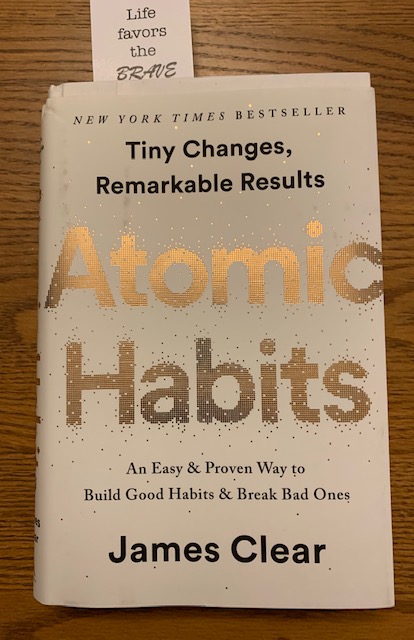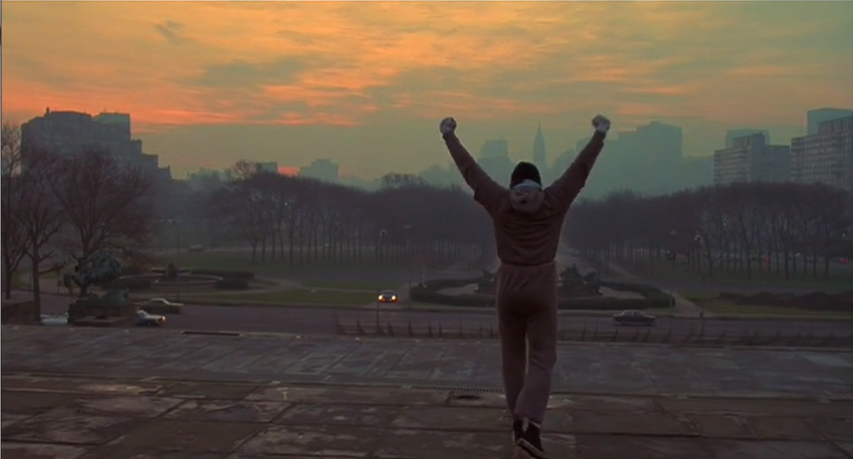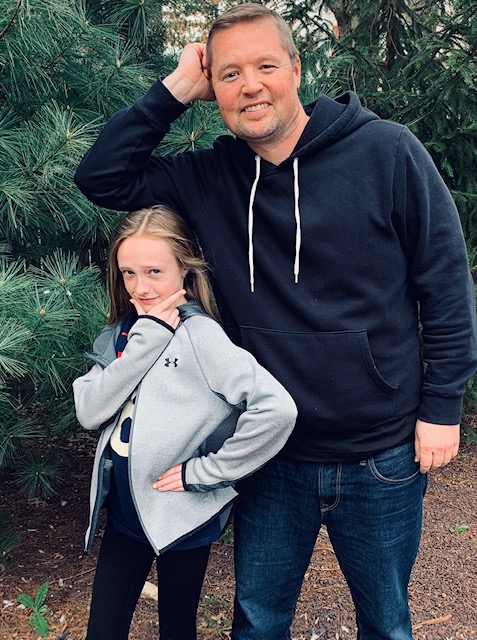Habits=Identity
Confession: My kids have spent way too many hours playing video games this quarantine season– like a holiday session except the exact opposite.
Anyway, Cindy and I make/force our kids to read 20 minutes and practice soccer 20 minutes everyday. That’s 40 minutes. However, the ratio of playing video games to reading and playing soccer isn’t even close.
In fact the other day I heard my son identify himself as, “a gamer” and I cringed a hard cringe. (Nothing against gamers. I’m sure they’re fine people. I just know my son’s consumption of video games is a result of lax parenting).
I’m currently reading “Atomic Habits” by James Clear.

As I write this post, I’m halfway through yet I already know it’s one of the most important books I’ve ever read. If you want to learn about quitting unhealthy habits and forming new, healthy ones– read this book.
Clear’s book is a both an explanation and a road map for forming healthy habits. Habits which lead to big identity changes. As Clear writes, “True behavior change is identity change.”
So my son is a gamer because his, (throat clearing noise) parents allow him to cultivate a gaming habit.
Clear explains that behaviors are usually a reflection of our identity. For me, a writer, the act of writing reflects my identity.
And so it only makes sense my son plays video games until his eyes water.
My son wasn’t born a gamer. He didn’t emerge from the womb holding an Xbox controller. His “gamer” identity emerged his behavior. And the more he plays video games the more he cements his gamer identity.
Our habits are the evidence we use to define ourselves. A gamer plays video games. A religious person prays. A writer writes. A boxer boxes.
What you do consistently is how you define yourself.
Habits=Identity

The icon picture above is of Rocky Balboa from the movie Rocky. An unknown, rough-and-tumble boxer, Rocky believes he’s “another bum from the neighborhood.” However, when he receives a shot at the world heavyweight title, he changes his habits, transforming his identity from “bum” to “winner.”
~
Now, environment and genetics influence habits but Clear argues a person’s own will to start, continue, or quit a habit supersedes the other factors.
Every action you take, Clear writes, “is the person you want to become.” Identity change is gradual it takes habitual repetition to define yourself as a specific person.
Like a “coffee drinker” doesn’t drink coffee every 3rd Wednesday. A coffee drinker drinks coffee everyday. And a coffee drinker will often say their brain doesn’t work until they had coffee. Their functionality is dependent on the habit.
(Sidenote– I’m on my second cup of coffee. I tried to write this post on my first cup and I was as articulate as a door knob.)
In the never-ending noisy parade, also known as adulthood, an important question we often fail to ask ourselves is, “Who do we want to become?”
Adults too often resign to themselves to believe their identity is permanent. They have already, for better or worse, become the person they were destined to be.
Like an adult who claims, “I have always been a procrastinator.” They may not want to be a procrastinator but the habit of procrastinating has formed their identity.
However, if they choose to be more proactive, with consistent practice, they would begin to challenge and change their “procrastinator” identity. They would begin to form the identity of a “doer.”
But let’s be honest, the older we get, the harder it is to change our habits. And hence change our identity.
Changing our habits require persistence and making peace with taking small steps toward identity change. As Clear writes, “Your habits shape your identity, and your identity shapes your habits.”
If you have been here for awhile, you know that I write about forgiveness each month. I do this because I want to learn effective strategies to forgive both myself and others and I want to know if forgiveness is the foundation of self-improvement.
I still have more too learn about forgiveness but I can say that for it to be effective and inspire lasting change, forgiveness must become a habit. You must learn to forgive little infractions in order to forgive the big infractions– a forgiveness habit.
If we want to change our lives we must change our habits. This is not easy. It takes intention and dedication.
Or at least someone who is willing to unplug the Xbox for us.
Be well,
Jay
If you liked this post, you may also like:
The scary work of rewriting yourself
~
You can’t do this life alone
Need some encouragement? Some perspective? This hardworking, almost-handsome, suburban soccer dad can help. Subscribe and, like a pizza, get my posts delivered to your door (your email inbox). No spam. Just posts.

1. Reading
2. Writing
3. Exercising
4. Hearing his children laugh
5. Hugging his wife
(Bonus points for a dinner with his parents and a beer with his friends)





